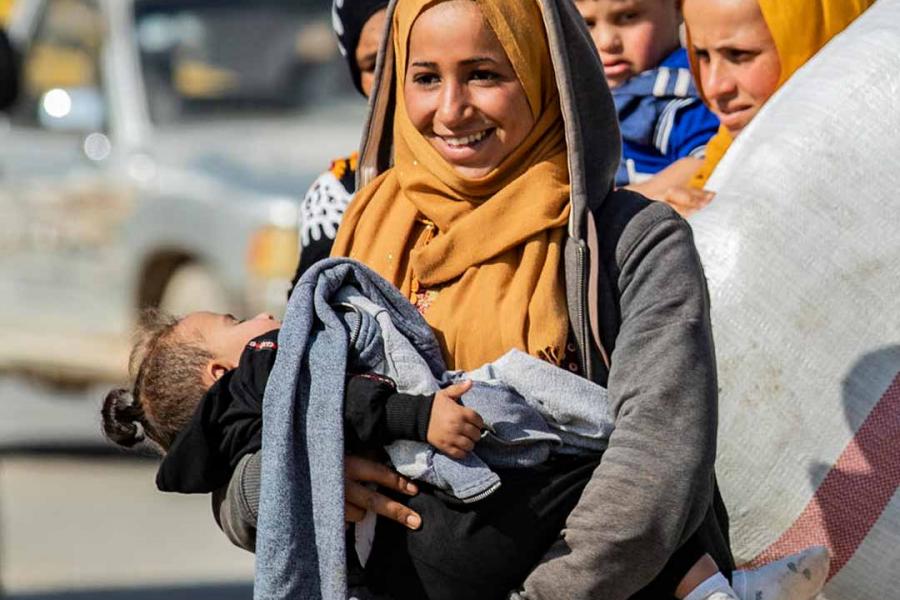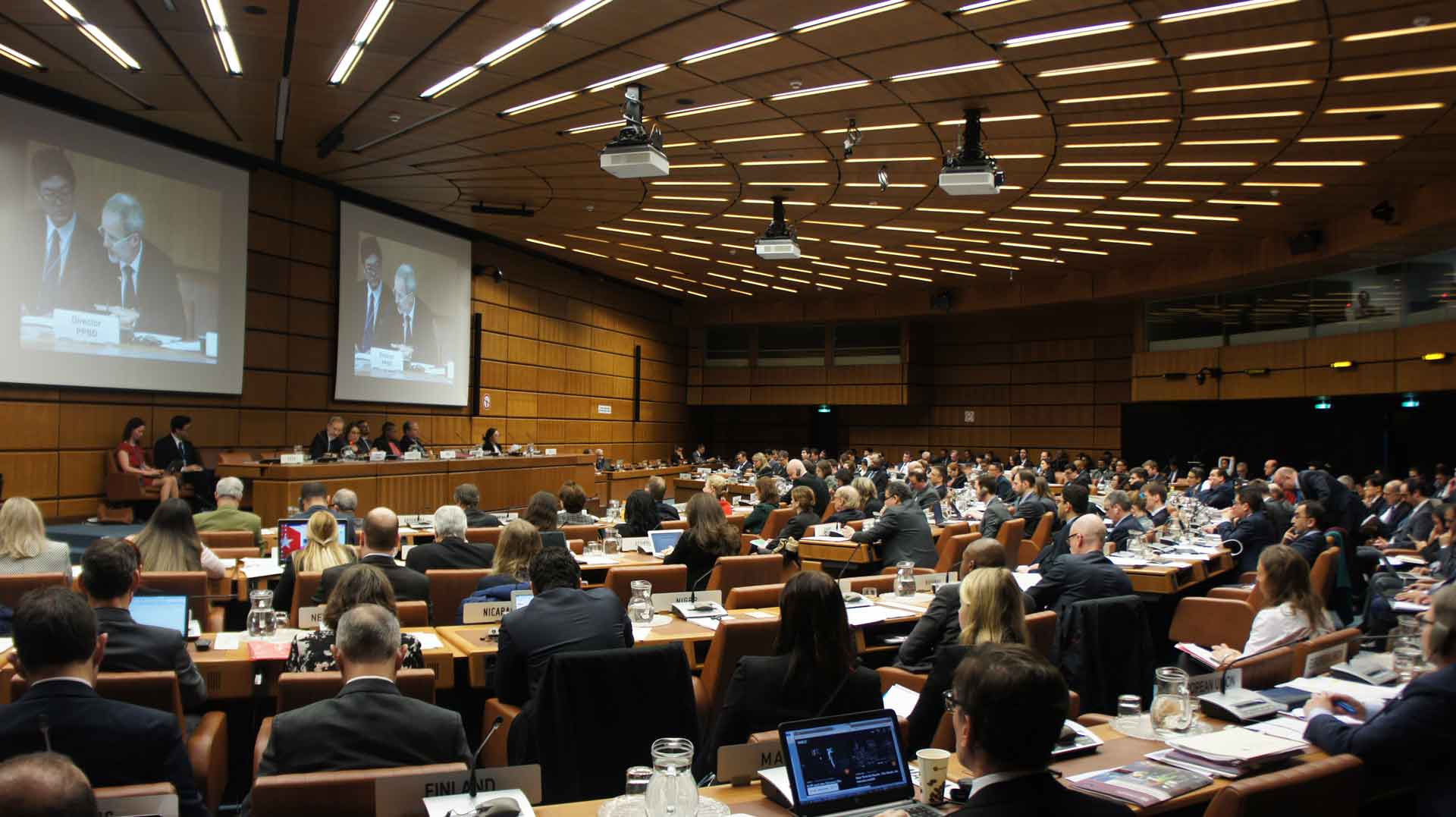
Achieving the Sustainable Development Goals
Learn more

It demands the robust engagement of an expanding group of actors for its implementation and follow up on progress at the national, regional and global levels.
Since its adoption in 2015, the 2030 Agenda has become a key driving force and a reference framework for Governments and all development stakeholder in pushing forward sustainable development efforts.
There is a focus in the 2030 Agenda on its integrated nature and the need for systemic change to achieve transformative objectives; ‘business as usual’ is thus no longer an option.
ESCWA leads the organization of the Arab Forum for Sustainable Development (AFSD) as the primary annual regional mechanism for the follow up and review of the implementation of the 2030 Agenda in the Arab region. The AFSD outcome gives voice to the region at the High-level Political Forum on Sustainable Development. AFSD organization relies on a strong partnership with the League of Arab States, and is a joint effort with other United Nations agencies, funds and programmes operating in the Arab region.
As the 2030 Agenda calls for engaging a wider scope of stakeholders to work hand-in-hand with Government on implementing the 2030 Agenda and monitoring progress, ESCWA has put in place tracks for the engagement of parliamentarians and civil society, and is progressively reaching out to other groups including the private sector, audit institutes, young people and academia.
At the national level, ESCWA provides technical support, advice and capacity-building to countries on various elements of implementing the 2030 Agenda, including integrating the SDGs into planning processes, localization, and the voluntary national reviews (VNRs). ESCWA also conducts research and produces knowledge on the SDGs. The Arab Sustainable Development Report published in 2020 was the first regional analytical and statistical situation analysis covering all SDGs in the Arab region. The report identifies challenges and structural barriers, highlights groups most at risk of being left behind, and proposes a set of policy recommendations per SDG.